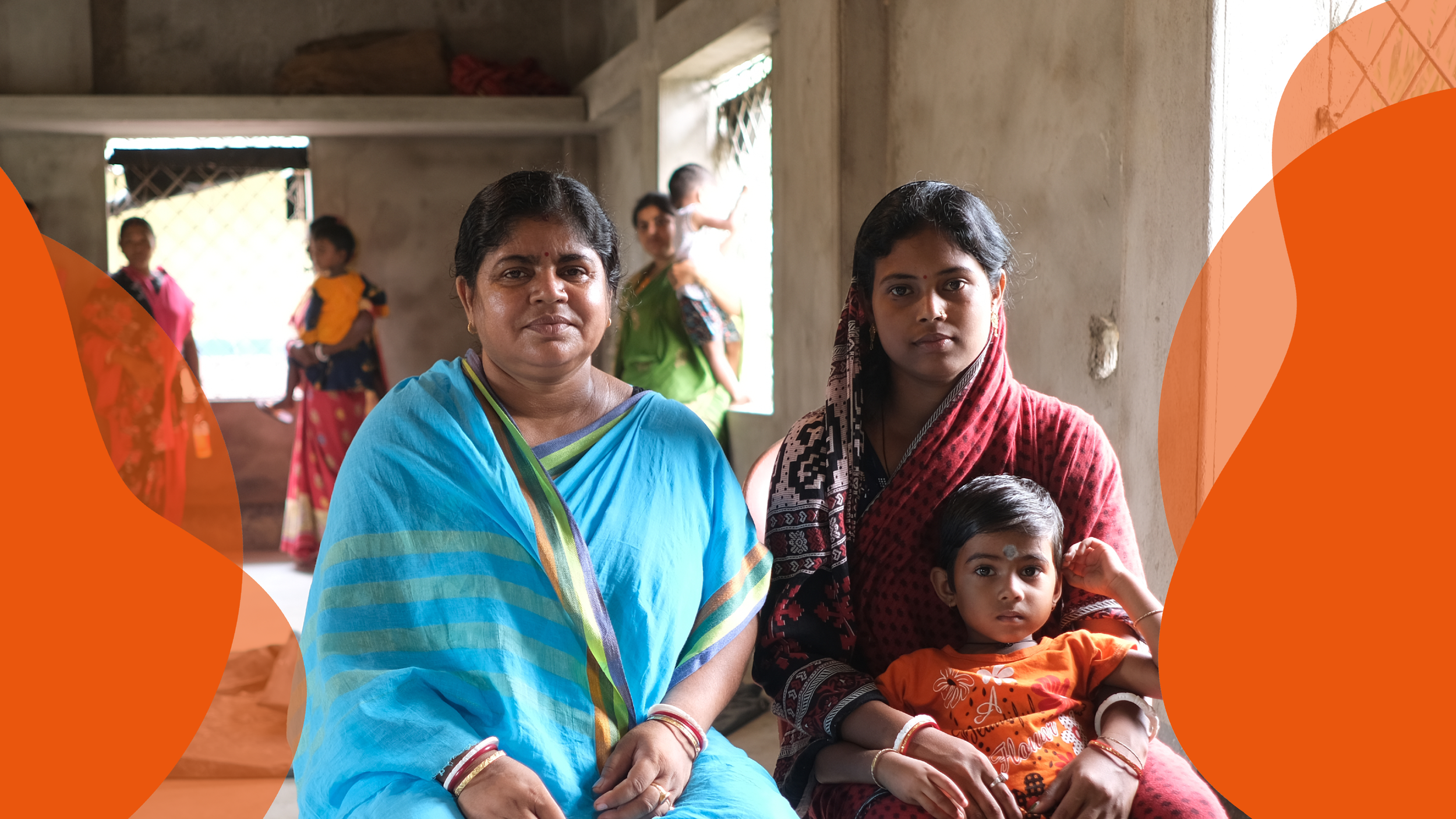
News and views
The latest from across our network

We are a free to access membership organisation established to connect people and resources to promote better mental health awareness and provision.
Are you ready to become a member of the Global Mental Health Action Network?
MEMBER BLOG: A rights-based digital solution for public mental healthcare in Pakistan
This year Pakistan’s federal Ministry of Planning, Development and Special Initiatives launched a Mental Health and Psychosocial Support (MHPSS) initiative.
MEMBER BLOG: Inroads for Mental Health as the G20 Come Together in Italy
With Health forming a big part of the agenda of the forum’s various events, sessions and high level meetings, there were some encouraging inroads for mental health.
MEMBER BLOG: Giving voice to the silent burden - maternal mental health technical consultation
Women’s reproductive and sexual health cannot be separated from their mental health. If we are serious about parity of mental and physical health, we need integration.
MEMBER BLOG: The power & promise of digital measurement-based care in mental health
In 2020, the founder of mental health venture capital organisation What If Ventures, Stephen Hayes, documented that mental health startups were approaching 1,000 in number.
MEMBER BLOG: New mental health screening tool in Ghana will support new and expectant mothers
Women with mental health conditions in Ghana often struggle to access maternal health services, which leaves them at higher risk during pregnancy and child birth.
MEMBER BLOG: Reflecting on four leaps in mental health development in Cameroon
The mental health movement that started in Cameroon in 2015 has completely changed how mental health is perceived and practiced.
MEMBER BLOG: WHO CC UTS launches Basic Psychosocial Skills - training for COVID-19 responders
A new free online course on Basic Psychosocial Skills has been made available by the WHO CC UTS.
MEMBER BLOG: A new model for dealing with pandemic-related burnout
Burnout was a massive challenge even before the Covid-19 pandemic. A 2015 study found that workplace stress and burnout contributed to at least 120,000 deaths in the US each year, for example, with additional costs of up to $190 billion or 8% of national spending on health care annually.
MEMBER BLOG: Training young people to give mental health peer support as the fall out from the COVID-19 pandemic continues
YCN is a four month module conceived with the objectives of building capacities and providing support to youth leaders in order for them to deliver psychosocial first aid services for their peers.
MEMBER BLOG: It’s time for a multi-dimensional view of lived experience
Lived experience is not a one-dimensional checkbox to check. We lived experiencer-s are also diverse. Some of us want to share our stories, some approach the experience with precision science, some might not want to say anything at all. It is time to acknowledge and respect this.
MEMBER BLOG: Languishing in Loneliness - Gaps in Paediatric Mental Health Care During Pandemic
Together, we need to advocate for resources and a new pathway of care for our COVID-19 positive patients suffering from mental illness so that they do not continue to suffer alone.
MEMBER BLOG: The Silent Pandemic: Covid-19 and mental health
What are the mental health effects of the pandemic for all of us, for the whole population? Research in recent months has painted a picture of more prolonged and more generalised damage to public mental health.
MEMBER BLOG: Finance ministries can catalyze post-COVID-19 mental health action
As we seek to recover from the pandemic and prepare to face its long-term impacts, finance ministers have the chance to set the stage for decades of sustainable development ahead.
MEMBER BLOG: COVID-19 AND MENTAL HEALTH - WHAT' WE’VE LEARNED
As some countries tentatively now begin to lift lockdown restrictions, whilst the pandemic unravels in those continents who had lagged behind epidemiologically, what has six weeks of insights and reflection by mental health experts and frontline workers revealed, and how can they inform how we build back better?
